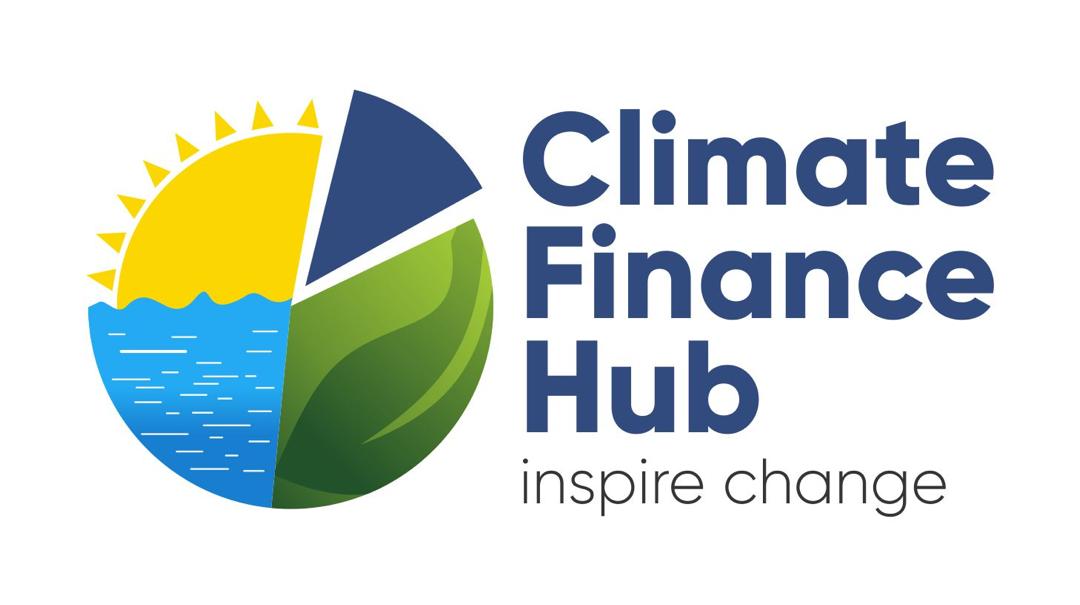As the world faces increasing environmental and social challenges, sustainable finance continues to play a pivotal role in shaping the future of global investment. Environmental, Social, and Governance (ESG) criteria have become central to financial decision-making, with more investors, institutions, and corporations seeking to align their portfolios with sustainable practices. In 2024, several key trends are driving the evolution of ESG investment, as stakeholders respond to both growing demand for climate action and regulatory pressures.
1. Accelerating Regulatory and Policy Frameworks Governments and regulatory bodies are increasingly introducing policies to ensure greater transparency and accountability in ESG investment. In 2024, new regulations are expected to enhance the reporting requirements for corporations, especially in terms of climate risk disclosures and social impact. The European Union’s Sustainable Finance Disclosure Regulation (SFDR) and the Task Force on Climate-Related Financial Disclosures (TCFD) are among the frameworks pushing companies to disclose their climate-related risks, helping investors make more informed decisions.
These regulatory advancements are aimed at combating “greenwashing”—the practice of falsely presenting investments or projects as environmentally friendly—and ensuring that capital is directed toward genuinely sustainable initiatives. As more jurisdictions adopt mandatory reporting, companies will be required to provide clearer data on their ESG performance, which will, in turn, influence investment flows.
2. Growth of Climate Finance Instruments One of the most notable trends in 2024 is the expansion of climate finance instruments, such as green bonds, sustainability-linked loans, and carbon credits. Green bonds, which fund projects with environmental benefits, have seen a surge in demand as investors seek to support climate mitigation and adaptation initiatives. Meanwhile, sustainability-linked loans, which tie borrowing costs to the achievement of ESG targets, have become a popular tool for corporations aiming to improve their sustainability credentials.
The development of carbon markets is another area gaining momentum, as businesses look for ways to offset their emissions. With growing interest in carbon credits and trading systems, 2024 is expected to see further growth in this space, providing more opportunities for investors to participate in climate-related projects.
3. The Rise of Impact Investing Beyond simply minimizing negative impacts, impact investing—focused on generating measurable, positive social and environmental outcomes alongside financial returns—is gaining prominence. Investors are increasingly seeking opportunities that directly address critical global challenges, such as clean energy, affordable housing, and access to healthcare. This trend is especially appealing to younger generations of investors, who prioritize both financial returns and social impact.
In 2024, we expect to see a rise in impact investment funds, particularly in sectors like renewable energy, sustainable agriculture, and social enterprises. These investments not only align with the goals of the Paris Agreement but also address growing concerns about income inequality, health disparities, and environmental justice.
4. ESG Integration Across Asset Classes While sustainable investment was once concentrated in equities, 2024 is witnessing the integration of ESG criteria across various asset classes, including fixed income, real estate, and private equity. Fixed-income investors, in particular, are increasingly looking at ESG factors as part of their credit risk analysis. Real estate investors are focusing on energy-efficient buildings and sustainable development, while private equity firms are seeking out companies with strong ESG frameworks.
This broader adoption of ESG principles reflects the growing recognition that sustainability issues can affect long-term financial performance, regardless of asset class. Institutional investors, such as pension funds and sovereign wealth funds, are at the forefront of this trend, with many making ESG integration a core part of their investment strategies.
5. Focus on Nature-Based Solutions Nature-based solutions, which use natural ecosystems to address environmental challenges, are gaining traction in the ESG investment landscape. In 2024, initiatives aimed at conserving forests, restoring wetlands, and protecting biodiversity are becoming increasingly attractive to investors. These solutions not only help mitigate climate change but also contribute to ecosystem resilience and provide social benefits to communities.
Funds targeting nature-based solutions are expected to grow, as businesses recognize the value of preserving natural resources. This shift is being driven by both corporate sustainability goals and global initiatives like the UN’s Decade on Ecosystem Restoration, which aims to reverse the degradation of ecosystems worldwide.
6. Social and Governance Issues in the Spotlight While environmental concerns have dominated ESG discussions in recent years, 2024 is seeing a heightened focus on the “S” (social) and “G” (governance) aspects of ESG. The COVID-19 pandemic and global movements for racial and social justice have brought attention to issues such as worker rights, diversity and inclusion, and corporate accountability.
Investors are increasingly scrutinizing how companies treat their employees, manage their supply chains, and engage with communities. Additionally, corporate governance practices, including board diversity, executive compensation, and shareholder rights, are being closely examined as part of a company’s overall ESG performance. Companies that fail to meet these rising standards may find themselves at a disadvantage when attracting investment.
7. Increased Investor Activism Investor activism is expected to play a bigger role in driving corporate ESG strategies in 2024. Shareholders are becoming more vocal in their demands for companies to adopt stronger ESG practices, including setting net-zero targets, reducing carbon emissions, and improving workforce diversity. Large institutional investors, such as BlackRock and Vanguard, are leading this charge, using their influence to push for more sustainable business practices.
Proxy voting and shareholder resolutions on ESG issues are becoming more frequent, with investors seeking to hold corporations accountable for their environmental and social impacts. This growing trend is likely to lead to more companies prioritizing sustainability to maintain investor confidence and secure long-term growth.
Conclusion: A Transformative Year for ESG Investment In 2024, sustainable finance is evolving rapidly, with ESG investments becoming a central feature of global capital markets. As regulatory frameworks tighten, climate finance instruments expand, and investor expectations shift, the role of ESG criteria in financial decision-making is becoming more entrenched. The year ahead promises to be transformative, with sustainable investments leading the way in addressing some of the world’s most pressing challenges and creating long-term value for both investors and society.




